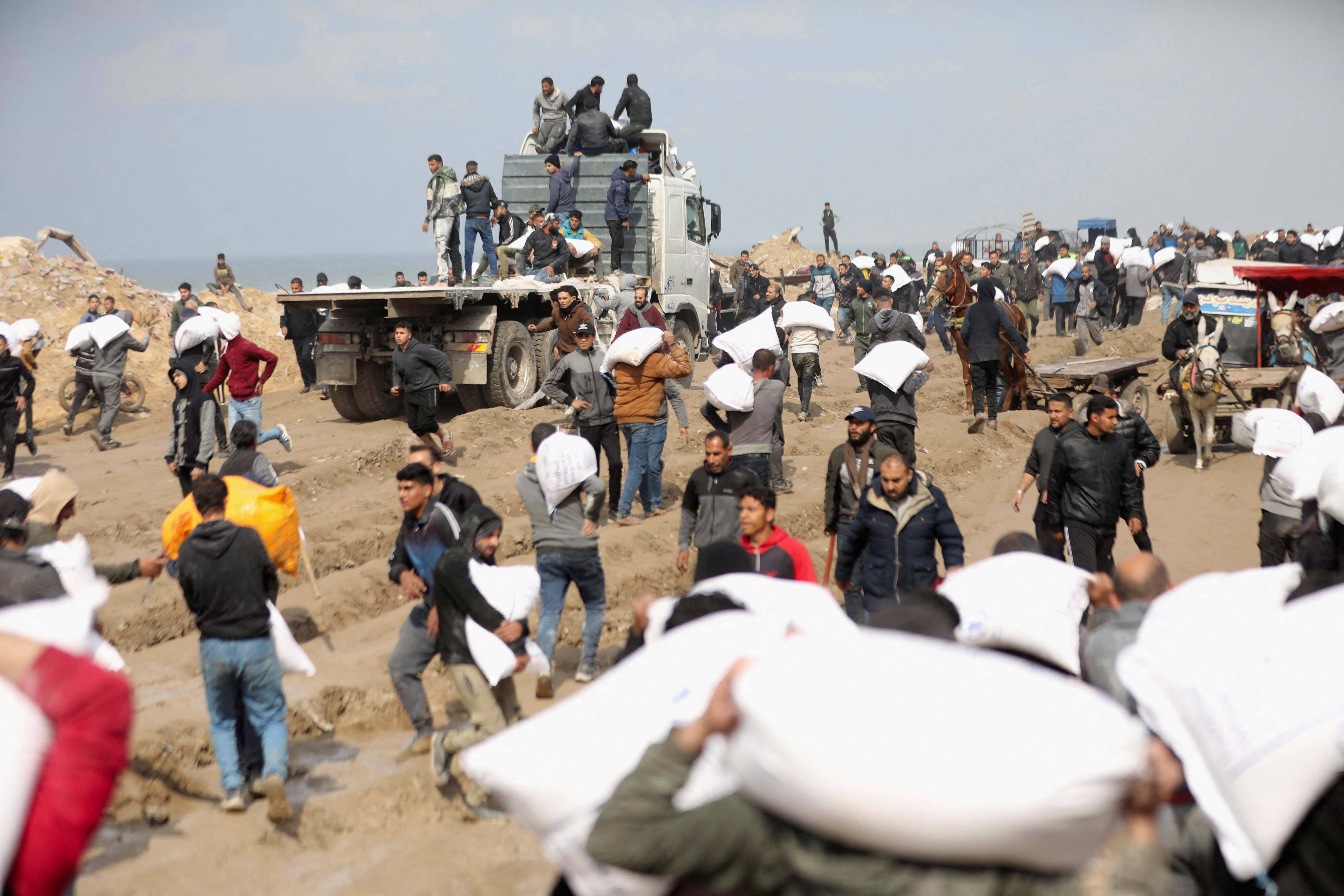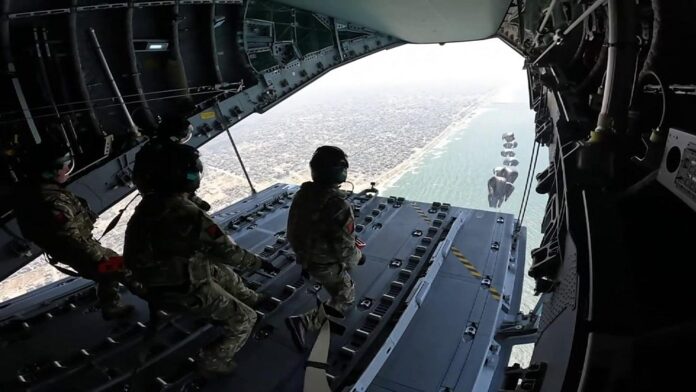Background of the Airdrop Plan
Israel has given permission for the United Arab Emirates and Jordan to carry out humanitarian food drops over Gaza after weeks of talks with their military planners. Each country will use cargo planes to send food parcels by parachute into areas where people face life‑threatening hunger.
Jordan will send 500 tons of food stockpiled in Amman. The UAE will join soon with its own C‑130 aircraft carrying high‑calorie meals. Both states worked closely with Israel’s army to set flight paths that avoid active combat zones and civilian areas.
Why Airdrops Matter Now

Gaza faces dire food shortages. Recent reports show that nearly one in three residents has gone days without meals. Hospitals run by Doctors Without Borders report a threefold jump in severe malnutrition in children under five over just two weeks.
Local clinics logged nine malnutrition deaths in a single day on July 25, bringing the total to 122 known starvation deaths since the war began. Aid groups warn that specialized therapeutic food is almost gone and thousands of children risk dying without urgent help.
Cost and Efficiency Concerns
Airdrops carry steep fees. Earlier in the conflict, Jordan charged up to $400,000 per targeted mission and $200,000 for random drops, even though each plane carried less than half the load a ground convoy could deliver. The UAE operation likely faces similar costs.
Ground trucks remain more efficient but can be held up by border checks and security screenings. Trucks from Jordan must pay $2,200 per load to clear army checkpoints before entering Gaza. These fees add up fast and shrink the actual aid delivered.
Logistical and Safety Issues

Drop missions often face setbacks. Unstable parachutes in past operations caused supplies to scatter or fall into unsecured areas. Civilians then risk their lives racing to collect supplies under fire. UN teams report long delays to clear goods through the Kerem Shalom crossing. Trucks can wait nearly two days for final permits.
UN officials call these hold‑ups “tremendous bureaucratic barriers” that stop aid from reaching families in time. Israeli authorities insist that more than 800 truckloads have waited weeks for pickup, though only about half the requested convoys received approval last week.
Personal Analysis
And yet, this plan feels like a patch on a larger wound. Airdrops may save lives today, but they do nothing to fix the broken supply lines or ease political tensions that keep aid stalled. Costs this high could divert funds from buying more food on the ground. Delays at crossings show that trust between aid groups and military authorities remains fragile.
This arrangement highlights the gap between urgent need and long‑term solutions. Coordinated air and land efforts could work, but only if all parties commit to faster approvals and lower fees.
Looking Ahead
Aid groups now push for a combined approach. They want more trucks rolling in alongside the drops. They call on Israel to speed up clearance and cut the fees at Jordanian checkpoints. They also urge Jordan and the UAE to share flight data in real time so that relief teams can guide civilians to safe drop zones. If these steps happen, the airdrops might bridge the gap until ground routes reopen fully. Otherwise, the food will keep falling from the sky without reaching most of those who need it most.
Sources: abcnews.com

